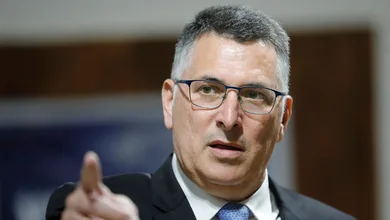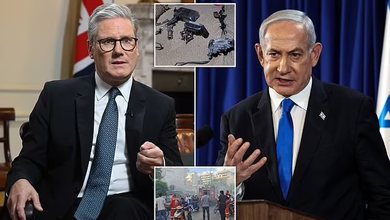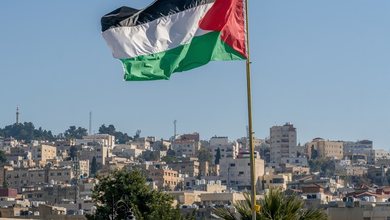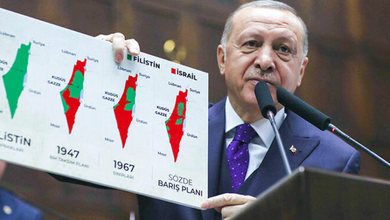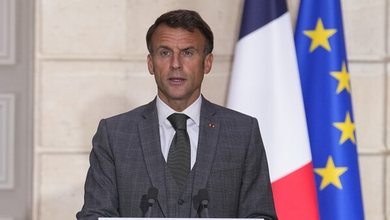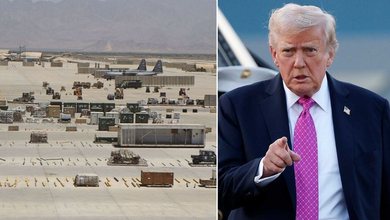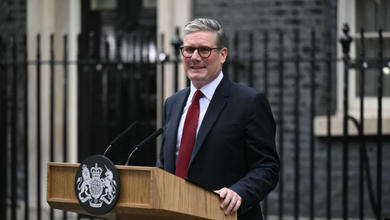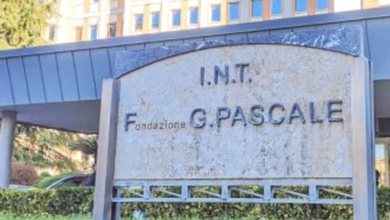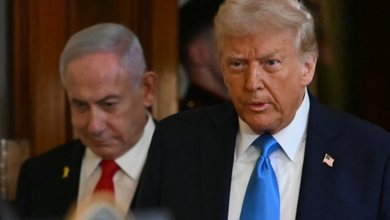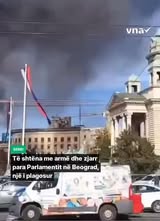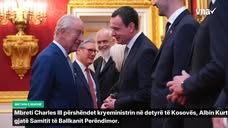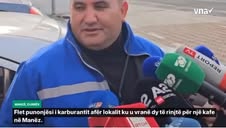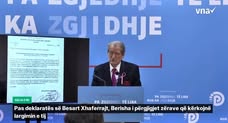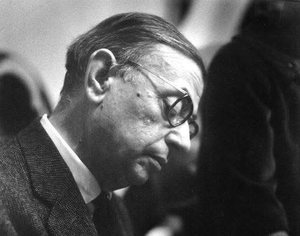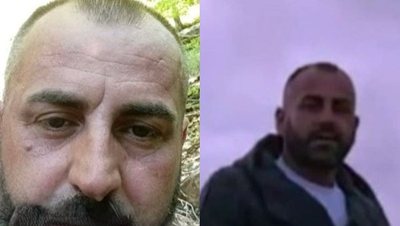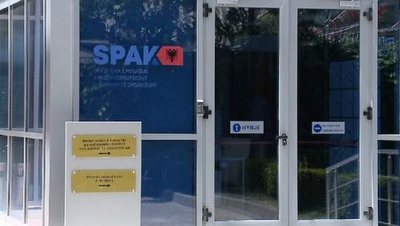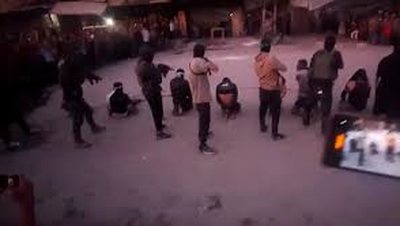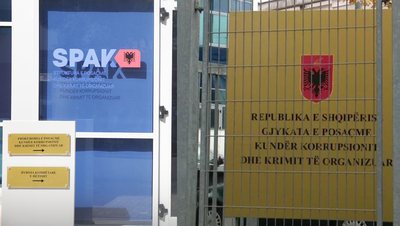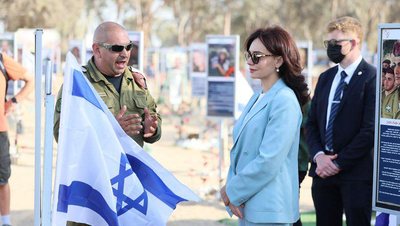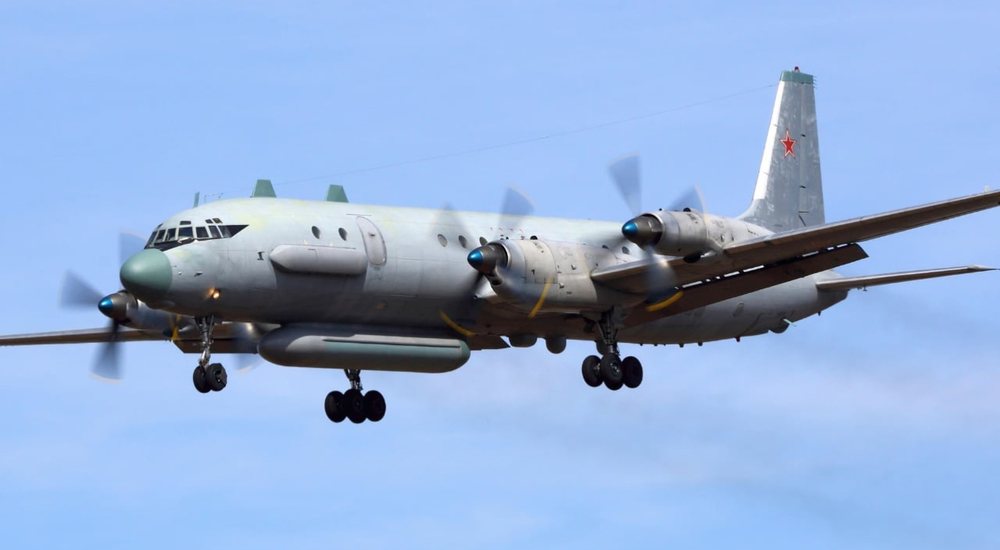
Tensions between NATO and Russia escalated again this weekend. Two German Eurofighter jets were scrambled from Rostock-Laage air base on Sunday to intercept a Russian Il-20M military plane that had ignored contact calls while flying over the Baltic Sea.
The incident came just days after another provocation, when Russian MiG-31 jets violated Estonian airspace in the Gulf of Finland. Following the incident, Estonian authorities called for an emergency meeting of the United Nations Security Council, calling the violation a direct provocation and “brazen behavior” by the Kremlin.
Estonian Foreign Minister Margus Tsahkna stated that this was not an isolated incident, but part of a broader pattern of Russian aggression in the region, which has also included violations of Polish and Romanian airspace.
International reactions have not been lacking. The President of the United States of America, Donald Trump, when asked about the US commitment to defend European Union countries in the event of a Russian attack, stated emphatically: “Yes, I would. I would.”
Meanwhile, Estonia has requested a consultative meeting under Article 4 of the NATO treaty, which provides for immediate meetings between allies when a member country considers its security to be at risk. The development has sparked strong reactions in several European countries. Latvia has warned of the real risk of a potential conflict if Russia continues its provocations against NATO, while Czech President Petr Pavel has called for a tough response from the Western alliance, stressing that any surrender to Russian aggression is unacceptable.
On the other hand, Russia has openly accused Great Britain, describing it as one of the leaders of a "pro-war camp" that, according to the Kremlin, is putting pressure on Moscow to escalate the conflict.
Amid these heightened tensions, Ukrainian President Volodymyr Zelenskyy has expressed his willingness for direct talks with Russian President Vladimir Putin. However, the Kremlin has hinted that negotiations can only take place if the “deep causes” of the war are addressed, including, according to Moscow, Ukraine’s surrender.


